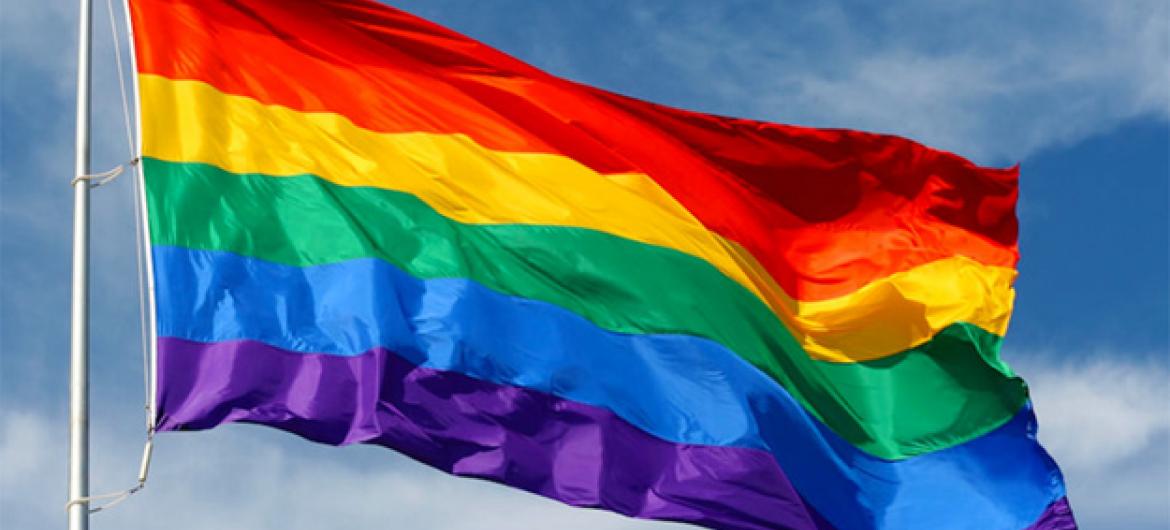UN hails ‘ground-breaking’ Supreme Court ruling to decriminalize gay sex in India
A landmark ruling in India that decriminalizes gay sex has been welcomed as a “ground-breaking decision” by the UN agency leading the fight against HIV/AIDS.
India’s Supreme Court on Thursday struck down a key section of a colonial-era law which made specific sexual acts between adults illegal.
“Today is a day of gay pride, a day of celebration, a day when respect and dignity was finally restored in India for lesbian, gay, bisexual, transgender and intersex (LGBTI) people,” Michel Sidibé, Executive Director of UNAIDS, said in a statement.
“I hope this decision sets the trend and is followed by similar decisions in other countries that remove unjust laws criminalizing homosexuality.”
UN Secretary-General António Guterres also welcomed the decision by India’s highest court, applauding the verdict of the Chief Justice, who said that discrimination and prejudice are always “irrational, indefensible, and arbitrary.”
UN High Commissioner for Human Rights, Michelle Bachelet, said: “This is a great day for India and for all those who believe in the universality of human rights. With this landmark decision, the Indian Supreme Court has taken a big step forward for freedom and equality." She added that she hoped other courts elsewhere in the world where gay rights are being infringed, would follow suit.
The UN system in India expressed hope that it will boost efforts to stamp out stigma and discrimination against LGBTI people, which violates their human rights.
The UN office in Delhi issued a statement which stressed that “focus must now be on ensuring access to justice, including remedy; effective investigations of acts of violence and discrimination; and effective access to economic, social and cultural rights.”
Mr . Sidibé, the UNAIDS chief, explained that besides being a human rights violation, criminalization of consensual same-sex relations, hinders people from accessing and using services related to HIV prevention and increases their risk of acquiring the virus.
He said that in India, HIV prevalence among gay men and other men who have sex with men is nearly three per cent, while the rate among transgender people stands at just over three per cent. Meanwhile, the national average among all adults is just 0.26 per cent.
“Around three out of ten gay men and four out of ten transgender people in India who are living with HIV do not know their HIV status. Many LGBTI people living with HIV do not have access to HIV treatment,” he added.
With gay men accounting for 18 per cent of all new HIV infections worldwide. UNAIDS is calling on countries to ensure the human rights of all people are respected, regardless of their sexual orientation.

